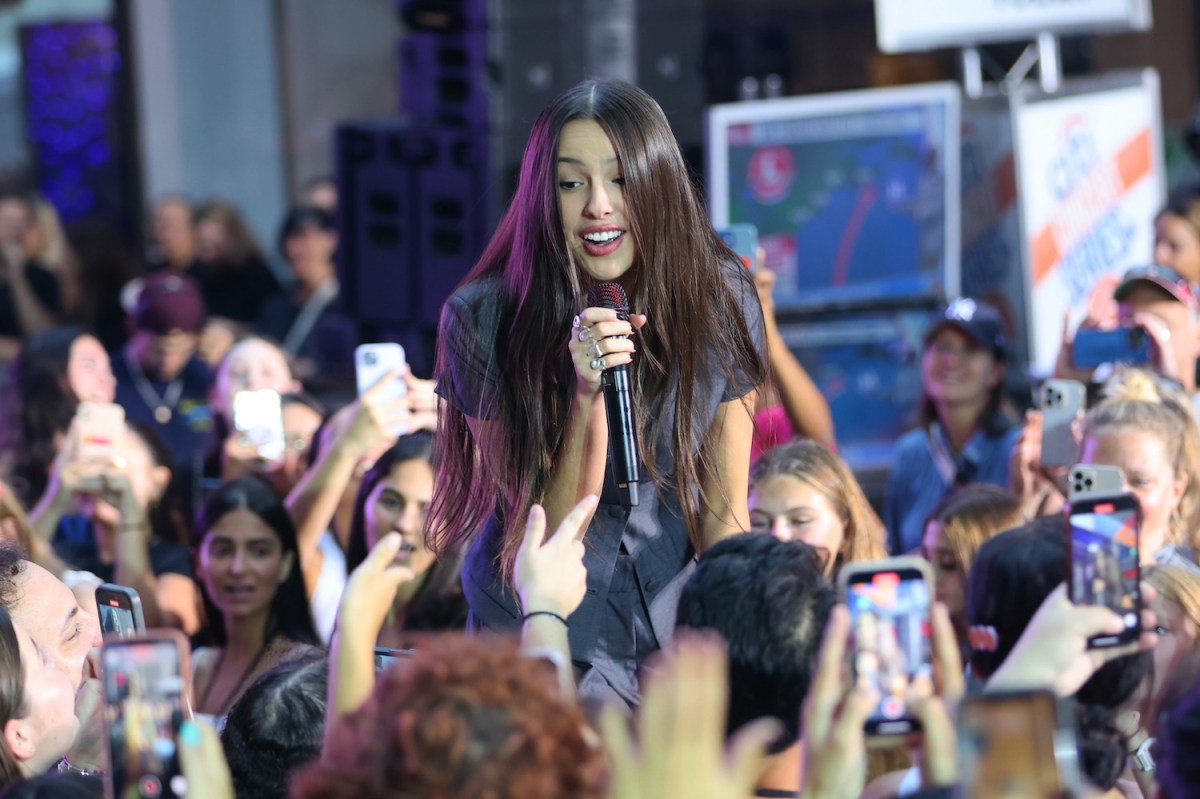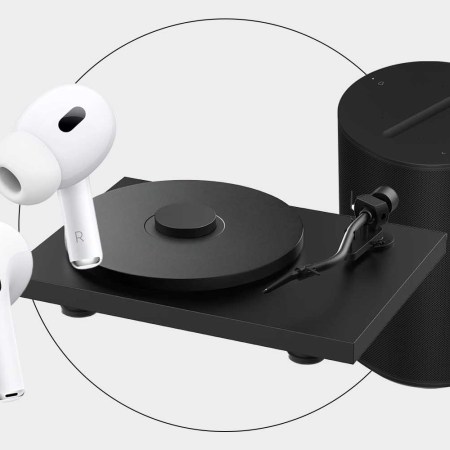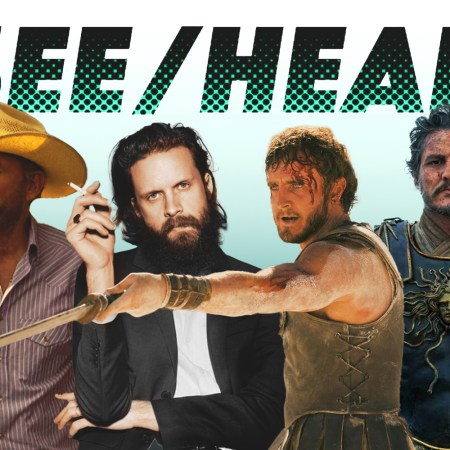In the summer of 1992, when I was 13 years old, I desperately wanted to attend the opening night of U2‘s stadium leg for the Zoo TV Tour — the one with all the big screens and Bono’s cool-ass fly shades. A minute before the sale was set to begin, I dialed Ticketmaster on the rotary phone hanging in my mom and dad’s kitchen. (For the kids out there, this is a rotary phone.) The line was busy. I dialed the number again, and again, and again, and again for probably 45 minutes until a blister formed on my right index finger. I got a busy signal every time and my little heart broke a little more with each beep that blared back at me.
Dad took over so I didn’t make my finger bleed, and at about the hour mark, he got actually through to a broker. But … no more tickets. Sold out. “Ah, it’s my kid’s first concert, he’s a huge fan, there’s nothing available, really?” my dad asked, which was in retrospect quite a show of love that I should probably mention to my therapist for the sake of balance. All he heard from the presumably evil Ticketmaster employee was “No.” (Maybe an “I’m sorry” too because, let’s face it, they were probably a decent human being.) It sucked, but we moved on. My blister and my heart healed just fine.
The torture for many Olivia Rodrigo fans today, however, will be much more pronounced.
Taylor Swift Has Politicians Suddenly Realizing Ticketmaster Is a Monopoly
Fans looking to buy tickets to Swift’s Eras tour have been plagued by long waits, insane prices and bad customer serviceIn the run-up to ticket sales for Rodrigo’s approaching Guts World Tour, Ticketmaster asked interested parties to first pre-register for an opportunity to purchase seats on its website once they become available. This measure, according to Ticketmaster, is in place to limit the amount of “bots and professional resellers” from buying tickets.
“Fans register for the show they want to attend, and we then authenticate each registration to confirm it belongs to an individual — not a bot — and that it hasn’t been tied to irregular behaviors that could be a sign of a professional seller attempting to access the sale,” the Ticketmaster website says. But that’s not the final hoop fans have to jump through. Actually, it’s not even the second-to-last hoop. “We then randomly select fans with authenticated registrations to receive a unique code that allows them to enter the sale,” the site continues. “Advance registration doesn’t guarantee everyone tickets.” The ability to actually buy the tickets is decided by “supply and demand” … just like it was in 1992.
To the shock of no one except apparently the ticket-selling firm charged with providing access to a concert put on by one of the world’s biggest stars, there’s quite a bit of demand for Guts World Tour tickets. Demand is so high, in fact, that Ticketmaster released a statement to Rodrigo’s acolytes who pre-registered, telling them there are “more fans who registered than there are tickets available.” Ya think?
“Due to demand, a limited number of fans will get access to the sale based on ticket availability and the majority of fans will be placed on the waitlist,” the announcement said. “Every effort is made to give fans who are invited an opportunity to shop. If any tickets remain after the initial group of fans are given the opportunity to shop, we will begin moving additional fans off of the waitlist and inviting them to shop the sale.”
This has left the majority of fans who pre-registered now on a waitlist. Best of luck to them!
A Deadline story about the issue published today said that “the ticketing service hasn’t released figures on how many of those on the waitlist eventually made it through to registration.” So it’ll be “first come, first served,” Deadline wrote (again, as it was in 1992, just with the multiple added steps that probably didn’t result in a chance at tickets anyway). Ticket prices range from $49.50 to $199.50, with VIP packages available, the publication reported, adding that Ticketmaster has “already warned of ‘scammers’ attempting to re-sell tickets they don’t actually have.” Of course, “legitimate resale sites,” as Deadline called them, such as StubHub and SeatGeek, “will have tickets available for purchase at some point after today, though not at the same prices as those on Ticketmaster.”
So to summarize: There are still going to be resellers offering Olivia Rodrigo tickets at jacked-up prices, as well as scammers issuing bogus tickets, even after Ticketmaster put in place all those supposed protective measures, which get fans’ hopes up before the actual service that enabled them says it’s still not enough to get tickets.
I suppose all the “bots and professional resellers” are a problem that need to be dealt with in, this, the 21st Century, but ultimately it’s all coming back to the same process I endured in 1992, with just an internet connection subbed in for the old rotary phone. And, guess what, I still got to see U2 at Giants Stadium, opening night for the second leg of the Zoo TV Tour. How? My neighbor bought tickets from a scalper.
Why, then, does Ticketmaster set up all these hoops for eager fans who just want to see the performers they love in concert? My guess is it helps them build bigger caches of first-party data, which they can use to more directly advertise to consumers. Fans have no other choice but to engage in this ticket-buying odyssey because Ticketmaster is pretty close to a monopoly, controlling 70 to 80 percent of the ticket market, according to the New York Times.
Let’s just hope that whichever few Olivia Rodrigo fans have the chance to get in a virtual line for tickets today don’t have the Ticketmaster site crash once they get to the front of it. That’s happened before when big-name female musical artists put their tickets on sale through the service. Despite being basically the only option for Tay Tay, somehow, Ticketmaster wasn’t prepared for the demand tickets to her show would garner either. So it goes…
Thanks for reading InsideHook. Sign up for our daily newsletter and be in the know.



















